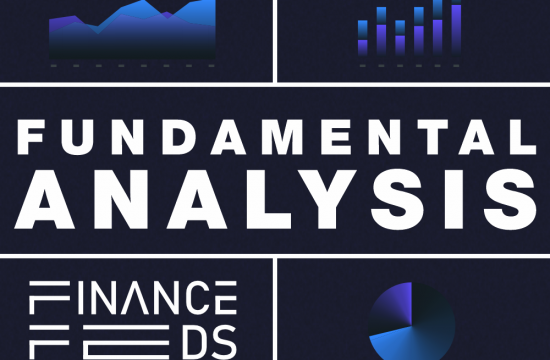
The World Federation of Exchanges has released guidance on how CCPs ensure that certain non-credit losses that might rarely occur in relation to central clearing are allocated in a transparent, predictable, and equitable manner.
Guidance on the treatment of such ‘non-default losses’ (NDLs) is part of its 2019-2020 programme of work on incentives in clearing as CCPs manage the timely and effective reduction of counterparty credit risk within the financial system.
Derivatives contracts and securities transactions remain credible and systemically manageable as long as there is a minimized impact of disruption from user default. That is a job for clearinghouses, who thus become an integral part of exchange-traded financial markets and support a large proportion of OTC derivatives.
CCPs require market participants to back the risks they take (by posting margin and other resources) while they back their own business offering with capital, which is typically used to absorb certain non-default losses. The practical reality is that CCP users may appropriately share liability, in which case it will be in a manner set out by the clearing house’s rule book.
The WFE’s guidance states that not all operational events lead to financial losses and enterprise-risk management and other lines of defense aim at the prevention of incidents, whether financially damaging or not. In addition, non-default losses remain rare and are of various types, each of which requires distinct analysis. The PFMI (written by IOSCO and the CPMI) set out the global standards in relation to NDLs.
“CCPs reserve the right to manage liability in line with industry practice, notably in relation to custodial disruption. (In the case of custody, the third party is itself regulated, and the assets may also be ‘bankruptcy remote’ from the service provider’s own balance sheet)”, the statement says, adding that “no top-10 CCP has in practice ever allocated non-default losses to users”.
As CCPs are designed to support continuity of positions, profits and hedges, for the benefit of market participants, the WFE states the importance of ensuring careful coordination of all interactions with clearing members, with a policy on non-default losses that is as clear and forward-looking as possible.
Nandini Sukumar, Chief Executive Officer of the WFE, said: “Non-default losses may not be the main risk faced by CCPs, but it is still important to have a structured approach to dealing with them. That way, CCPs can devote more time to their day job, ensuring that uncertainty over counterparty credit exposures does not threaten the integrity of the financial system. This is why the WFE has taken the initiative to highlight the responsible, constructive practices employed by clearing houses in relation to potential incidents and their financial consequences if any.”
In mid-March 2020, as the market bottomed amid the coronavirus panic, the WFE asked participants to reassess their investment valuations and associated derivatives as the situation developed. The entity also reminded participants of a variety of crisis measures to address the pressures on the financial system, including circuit breakers and pricing bands, while stating the importance of open markets and normal trading hours to preserve the benefits of price formation and access to liquidity for society as that also helps central banks to transmit their monetary policy and promote financial stability.












